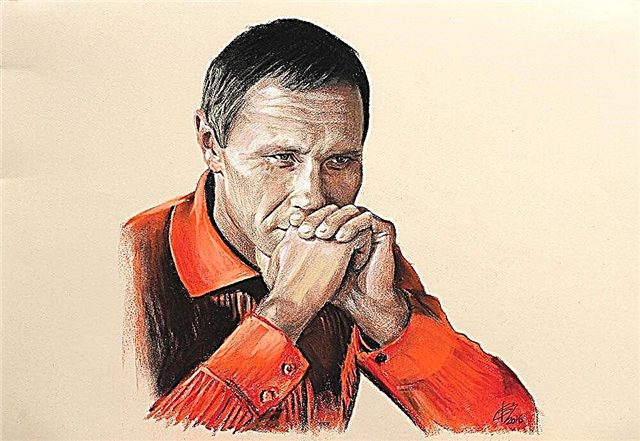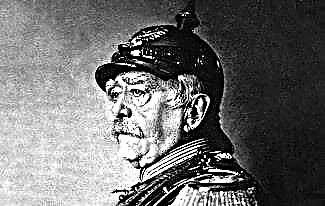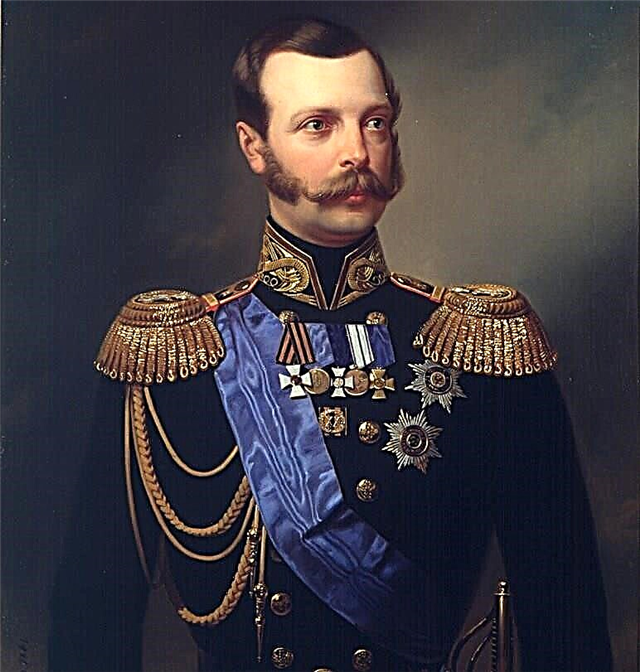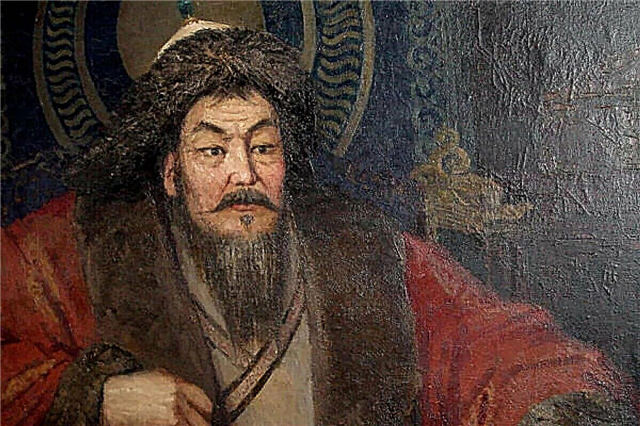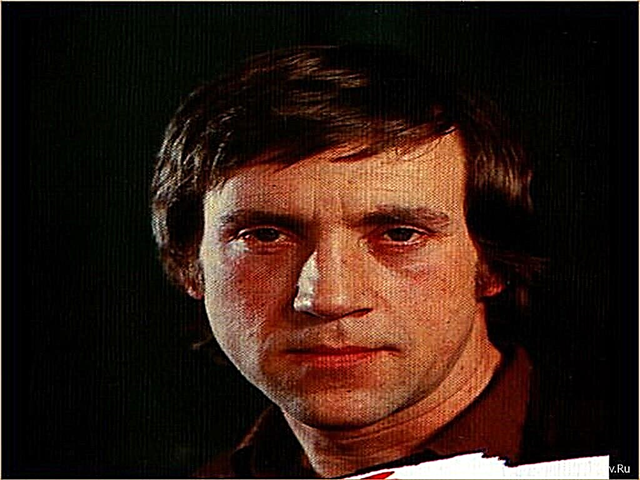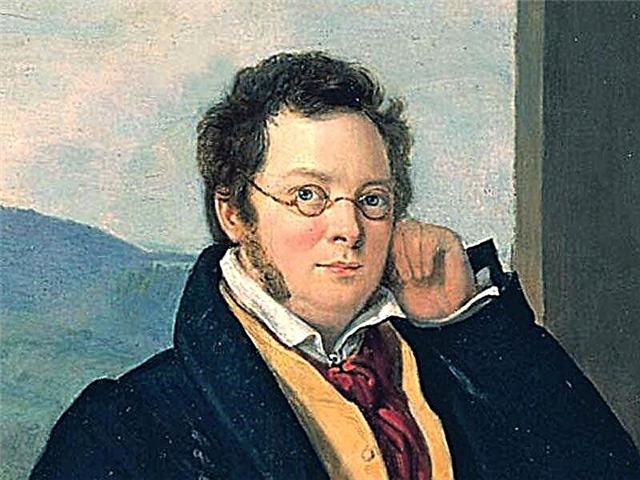Kurt Friedrich Gödel (1906-1978) - Austrian logician, mathematician and philosopher of mathematics. He became very famous after proving incompleteness theorems, which had a serious impact on the idea of the foundations of mathematics. He is considered one of the greatest thinkers of the 20th century.
There are many interesting facts in the biography of Gödel, which we will talk about in this article.
So, here is a short biography about Kurt Gödel.

Biography of Gödel
Kurt Gödel was born on April 28, 1906 in the Austro-Hungarian city of Brunn (now Brno, Czech Republic). He grew up in the family of the head of a textile factory, Rudolf Gödel. He had a brother named after his father.
Childhood and youth
From an early age, Gödel was distinguished by shyness, isolation, hypochondria and excessive suspiciousness. He often instilled in himself various superstitions, from which he then suffered until the end of his days.
For example, even in hot weather, Kurt continued to wear warm clothes and mittens, because he groundlessly believed that he had a weak heart.
At school, Gödel showed good ability to learn languages. In addition to his native German, he managed to master English and French.

After receiving the certificate, Kurt became a student at the University of Vienna. Here he studied physics for 2 years, after which he switched to mathematics.
Since 1926, the guy was a member of the Vienna Philosophical Circle of Neopositivists, where he showed the greatest interest in mathematical logic and proof theory. 4 years later, he defended his dissertation on the topic "On the completeness of logical calculus", starting to teach at his home university.
Scientific activity
At the beginning of the last century, the scientist David Hilbert set out to axiomatize all mathematics. To do this, he had to prove the consistency and logical completeness of the arithmetic of natural numbers.
In the fall of 1930, a congress was organized in Konigsberg, which was attended by famous mathematicians. There Kurt Gödel presented 2 fundamental incompleteness theorems that showed that Hilbert's idea is doomed to failure.
In his talk, Kurt said that for any choice of axioms of arithmetic, there are theorems that cannot be proved or refuted by simple methods provided by Hilbert, and a simple proof of the consistency of arithmetic is impossible.
Gödel's arguments turned out to be sensational, as a result of which he gained worldwide popularity overnight. After this, the ideas of David Hilbert, who also recognized Kurt's rightness, were revised.
Gödel was a logician and philosopher of science. In 1931 he formulated and proved his incompleteness theorems.
A few years later, Kurt achieved high results related to the Cantor continuum hypothesis. He succeeded in proving that the negation of the continuum hypothesis is unprovable in the standard axiomatics of set theory. In addition, he made a significant contribution to the development of the axiomatics of set theory.
In 1940, the scientist emigrated to the United States, where he easily got a position at the Princeton Institute for Advanced Study. After 13 years, he became a professor.

At the time of the biography, Kurt Gödel already had an American passport. An interesting fact is that in the course of the interview he tried to logically prove that the American constitution does not guarantee that dictatorship will not be allowed, but was immediately tactfully stopped.
Gödel is the author of several works on differential geometry and theoretical physics. He published a paper on general relativity, where he presented a way to solve Einstein's equations.
Kurt suggested that the flow of time in the universe can be looped (Gödel's metric), which theoretically does not exclude the possibility of time travel.
Kurt communicated with Einstein for the rest of his life. Scientists talked for a long time about physics, politics and philosophy. Several of Gödel's works on the theory of relativity were the result of such discussions.
12 years after Gödel's death, a collection of his unpublished manuscripts was published. It raised philosophical, historical, scientific and theological questions.
Personal life
On the eve of the Second World War (1939-1945), Kurt Gödel was left without work, because due to the annexation of Austria to Germany, the university underwent major changes.
Soon the 32-year-old scientist was called up for service, as a result of which he decided to urgently emigrate.
At that time, Kurt was dating a dancer named Adele Porkert, whom he married in 1938. There were no children in this marriage.
Even before the wedding, Gödel suffered from serious mental problems. He often unreasonably worried about something, showed abnormal suspicion, and also suffered from nervous breakdowns.

Kurt Gödel was worried about being poisoned. Adele helped him to cope with psychological problems. She calmed math and spoon-fed him when he lay exhausted in his bed.
After moving to America, Gödel was haunted by the thought that he could be poisoned by carbon monoxide. As a result, he got rid of the refrigerator and radiator. His obsession with fresh air and worries about the refrigerator lasted until his death.
Last years and death
Several years before his death, Gödel's condition worsened even more. He suffered from hallucinations and was distrustful of doctors and colleagues.
In 1976, Gödel's paranoia escalated so much that he began to be hostile to his wife as well. He periodically underwent treatment in hospitals, but this did not give visible results.
By that time, Adele's health also deteriorated, for which reason she was hospitalized. Kurt was exhausted both mentally and physically. A year before his death, he weighed less than 30 kg.
Kurt Gödel died on January 14, 1978 in Princeton at the age of 71. His death was caused by "malnutrition and exhaustion" caused by "personality disorder."
Gödel Photos







